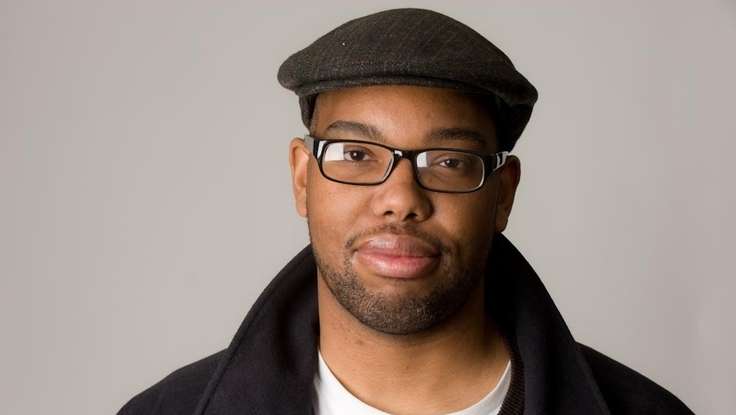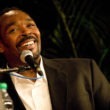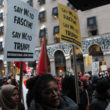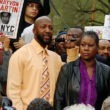(Ta-Nehisi Coates, a writer for The Atlantic, wants his blackness both ways, the author says.)
There are certain black folk in the media whose roles have roots in history going back to Booker T. Washington. These folk are profoundly damaging to the sensibilities of the black masses, particularly the black poor. That person is the black cultural tour guide.
“Black cultural tour guide” is too benign a description. “Zoo keeper” is more like it.
He leads nice suburban white families into exhibits of real dangerous animals — lions, bears, and gorillas. He interprets the signs and signals of this ferocious species, informs white onlookers of certain movements that might indicate danger, and permits them when it’s safe to toss a banana at the big ape. Their depictions can be translated in the worst and most racist extremes in their attempts to convey “authentic blackness.”
Ta-Nehisi Coates, a writer for The Atlantic, is not a zoo keeper, but make no mistake.
He is the media’s new favorite tour guide.
| This phenomenon he refers to as the “code” is a product of hyper-masculinity, and there is nothing particularly “black” about it. |
Over the weekend, Coates wrote about how upwardly mobile middle class college educated black friends have this inner “code” that represents their authentic instincts as a product of growing up in the mean streets of the “hood” and how the wrong kind of interaction can bring them back to the “code” resulting in tragic if not life-threatening circumstances.
For black men like us, the feeling of having something to lose, beyond honor and face, is foreign. We grew up in communities — New York, Baltimore, Chicago — where the Code of the Streets was the first code we learned. Respect and reputation are everything there. These values are often denigrated by people who have never been punched in the face. But when you live around violence there is no opting out. A reputation for meeting violence with violence is a shield. That protection increases when you are part of a crew with that same mind-set. This is obviously not a public health solution, but within its context, the Code is logical.
As someone who grew up in Jamaica, Queens, and has lived in rough urban environments from Boston to Miami, I can say emphatically that Ta-nehisi Coates has been listening to way too much hip hop music.
This phenomenon he refers to as the “code” is a product of hyper-masculinity, and there is nothing particularly “black” about it. The Italian-American, and Irish-American white kids I went to Catholic High School with in New York City often exhibit this “code.” If you ever played high school football or any physical sport as a young man you’ve experienced a similar “code,” regardless of if you’re black or white. If you spent time in the military, particularly in certain branches known to play heavily on notions of hyper-masculinity, such as the Marines or Navy Seals, you know the “code,” as well. So there is nothing “black” about the code.
The only thing black about it is Coates’ essentializing this behavior as a “black thing you wouldn’t understand”—unless, of course, you read his articles in The Atlantic.
It legitimizes the view that those black male youth are so dangerous, don’t you see? Even one of their own, this brilliant young Ta-Nehisi Coates tells us that even their educated ones, doctors and writers, succumb to it when provoked. Now you understand why we must have stop-and-frisk policies for these people. Ta-Nehisi has shown us the way!
How could you possibly call us racist? This is the perfect example of how racial essentialism—that all black people are essentially the same ideologically, culturally, and politically—enables thinking that leads us to the most dangerous policy prescriptions. Meanwhile, Coates excoriates the injustice of New York’s stop-and-frisk policy. I read Coates as a good writer and limited thinker who talks about racism in a way that makes white liberals feel good.
Pascal Robert is a lawyer, blogger, and activist. His essays and commentary have appeared in The Black Commentator, the Black Agenda Report and The Huffington Post. Follow him @probert06 and @WashSpec.







0 Comments